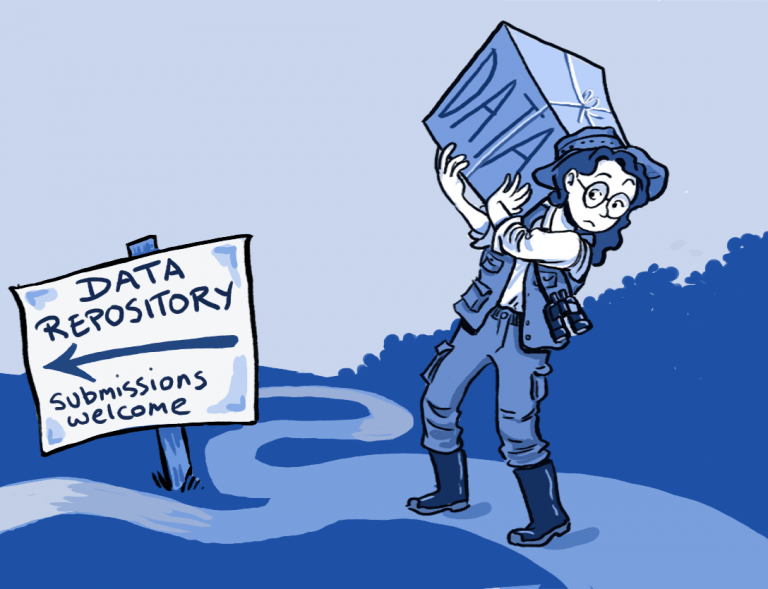We at RS Strategy are strong supporters of open knowledge. Our founder is a trained scientist, thus opening up science and research are a soft spot for us.
We are thus happy to join a dedicated workgroup at the French National Institute for Agriculture Research (Institut National de la Recherche Agronomique, INRA) aiming to map the current legal framework of research data production and management. To our knowledge, this workgroup is the first of its kind at the institutional level in France. The group’s members wish to explore the legal challenges ahead of opening the Institute’s data. An expected outcome is a handbook for researchers to smoothen their journey towards Open Science Data.
Data is the new soil
Working in favour of opening up scientific data is a longtime commitment of RS Strategy. It is not an easy task: as the animated GIF below shows it, a shift towards publicly releasing every chunk of the research process requires a fundamental change of practices.
The movement to make all steps of the research process accessible to all levels of an inquiring society, amateur or professional, is referred to as open science:
It encompasses practices such as publishing open research, campaigning for open access, encouraging scientists to practice open notebook science, and generally making it easier to publish and communicate scientific knowledge.

Open Science is, therefore, changing the way research is done, accessed and used. Novel and diverse ways of scientific exchange and cooperation are emerging. Through open science, enhanced cross-fertilisation of interdisciplinary research activities becomes reality.
Innovation comes from openness
Such ‘open innovation’ is crucial to tackling complex research issues and societal challenges. Open science and research thus hold great promise in strengthening the competitiveness of the European science and the research system overall as they enable sped-up knowledge transfer among scientists and scientific disciplines and foster the growth of new types of scientific cooperation and to stimulate collaborative research.
However, such an outstanding potential for scientific development and knowledge transfer also comes with extraordinary challenges. These mainly refer to legal constraints, ethics, confidentiality, intellectual property, scientific recognition systems and quality assurance of non-traditional research outputs. How do we keep everyone happy then? This is what our workgroup will find out.

